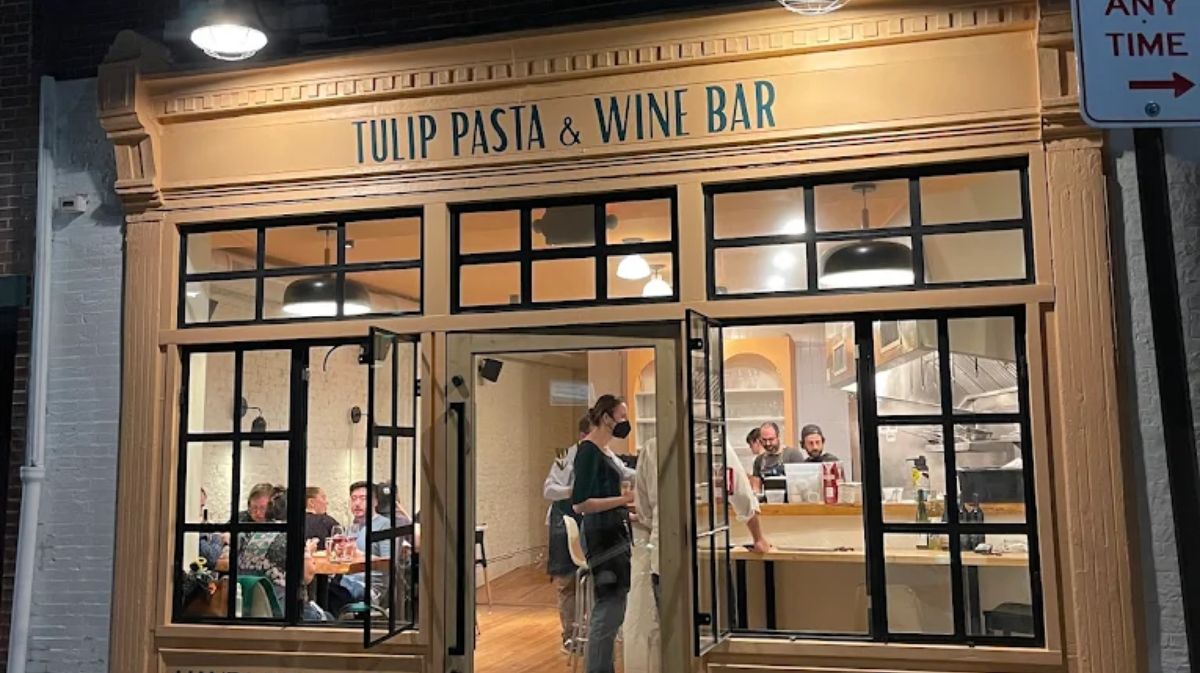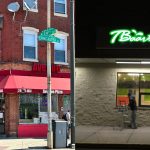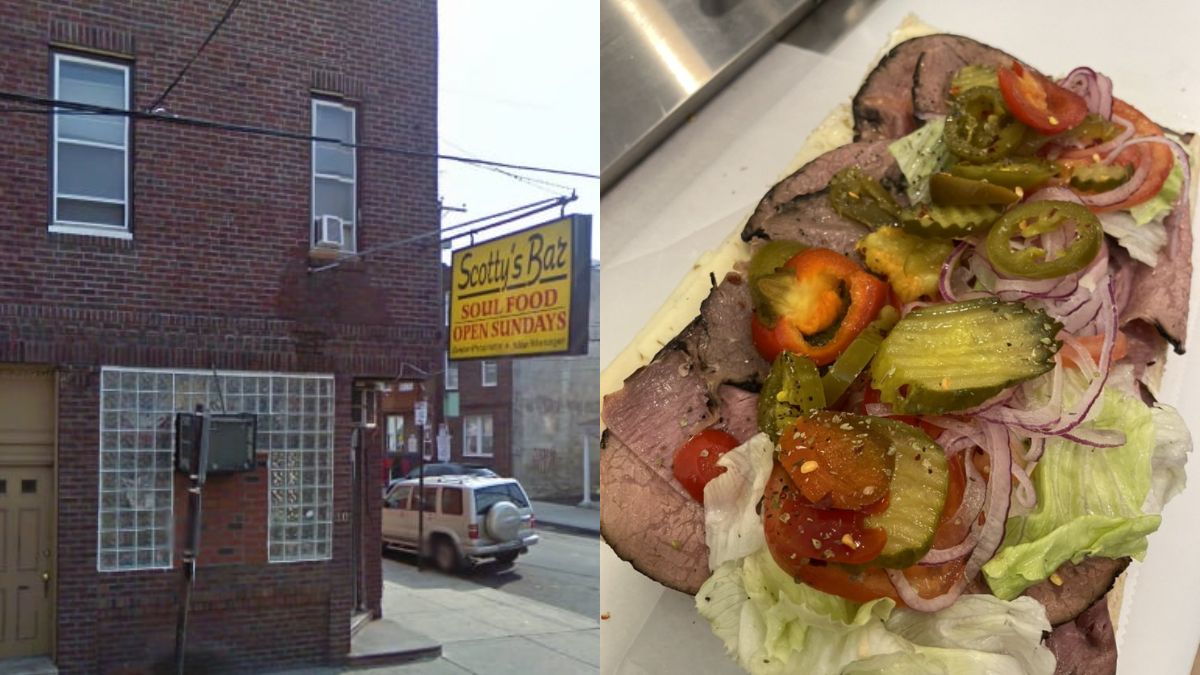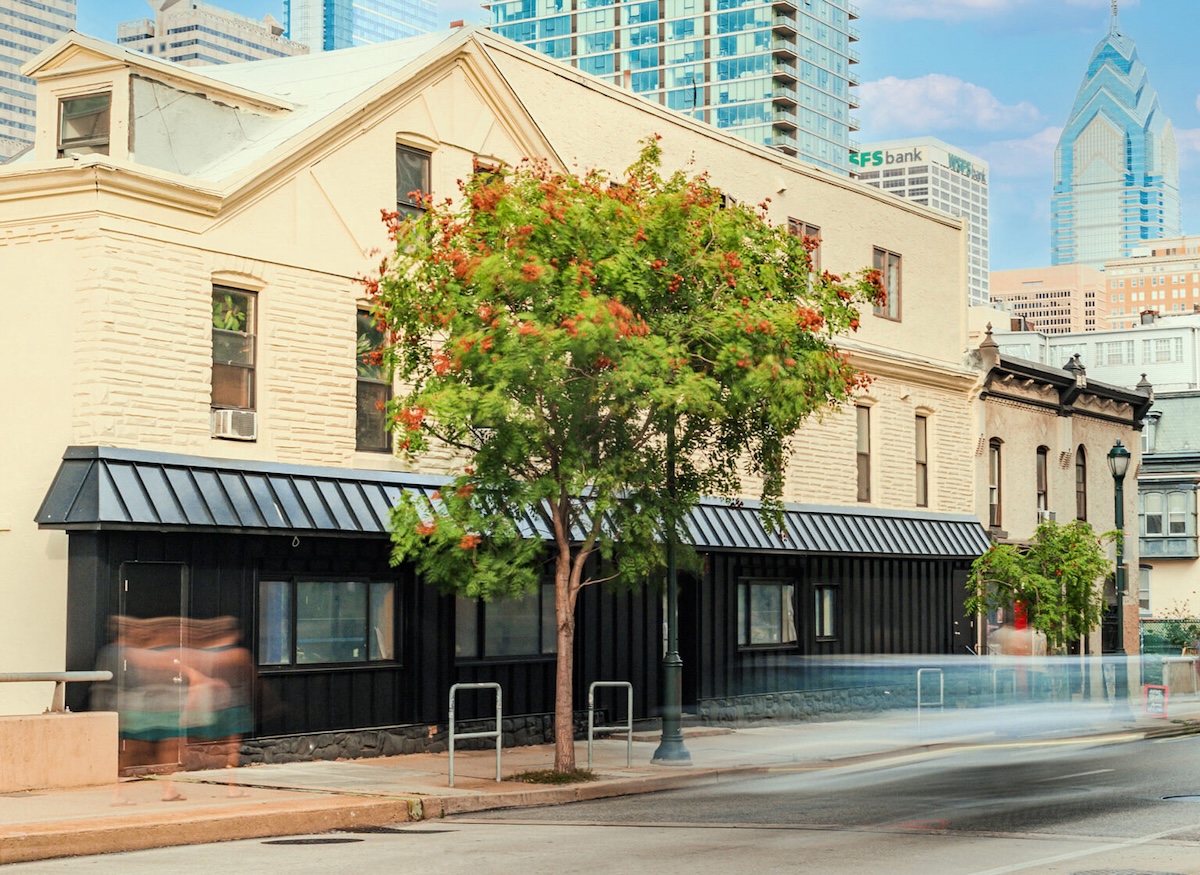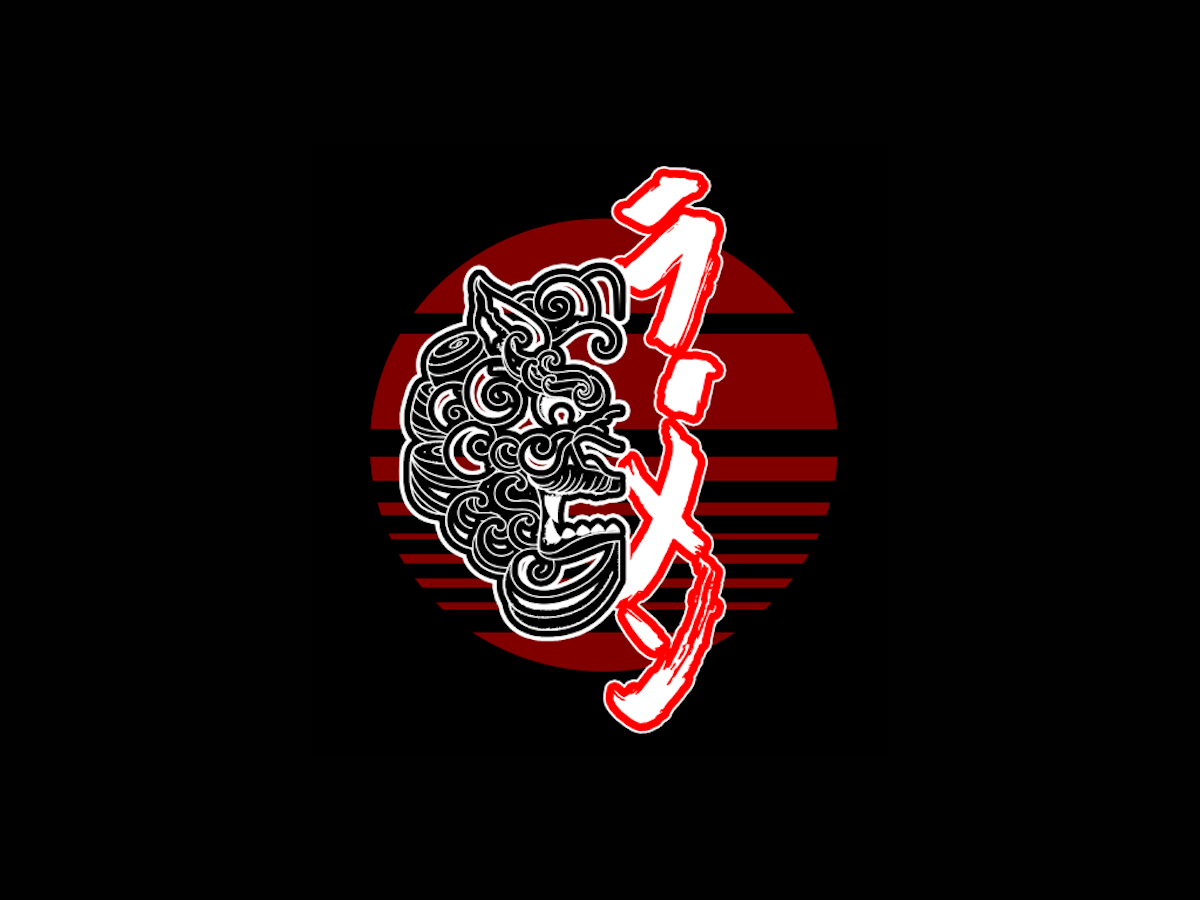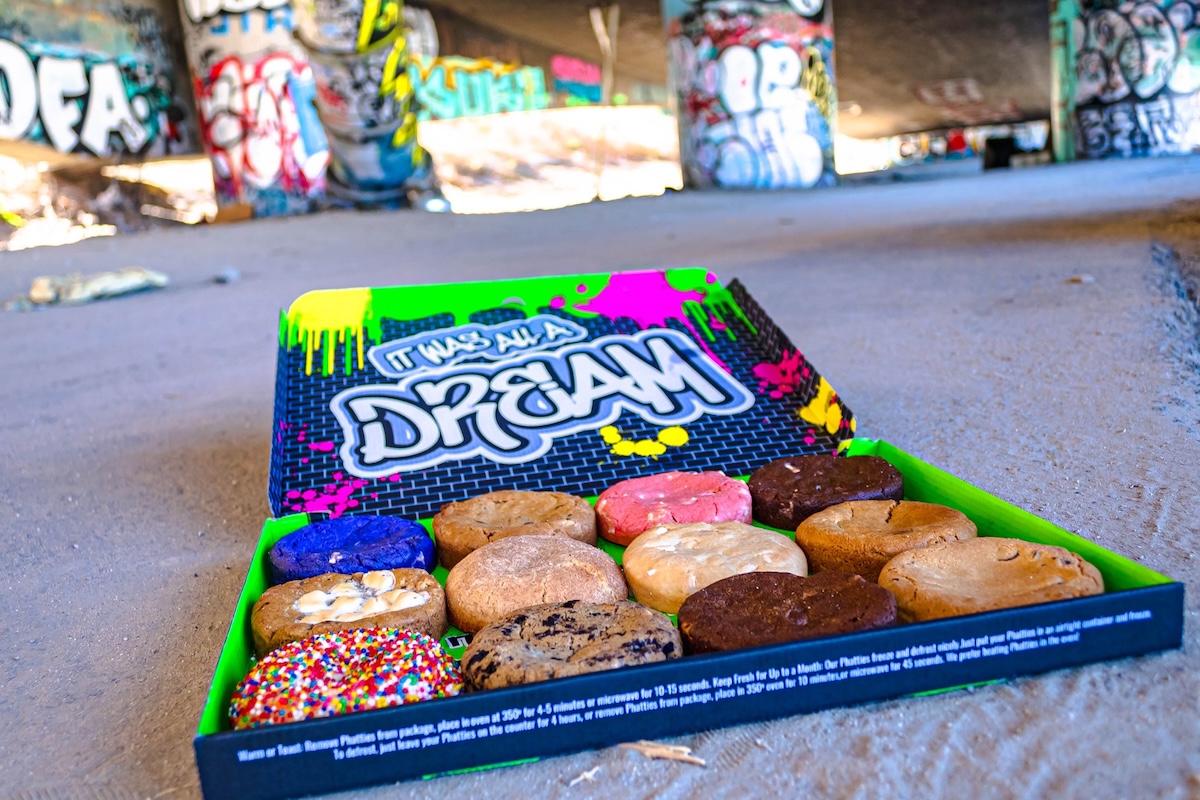Health Inspections conducted on May 13 revealed violations of the food code at a Philadelphia food establishment. The restaurant had multiple violations reported during the inspection. All the issues cited in Tuesday’s inspection report must be resolved within the time frames mentioned in the report.
Please note that the results mentioned here are from an inspection conducted on May 13 and may not represent the future health inspection status of the food establishment.
Highlights
- A Philadelphia eatery that serves Italian fare and is also a tasting room for local wine was reported for violations of the food safety regulations.
- According to the report, the restaurant did not have a valid food license during today’s inspection.
- Several violations, including those concerning hygiene and equipment issues, were reported at the restaurant.
Tulip St. Pasta
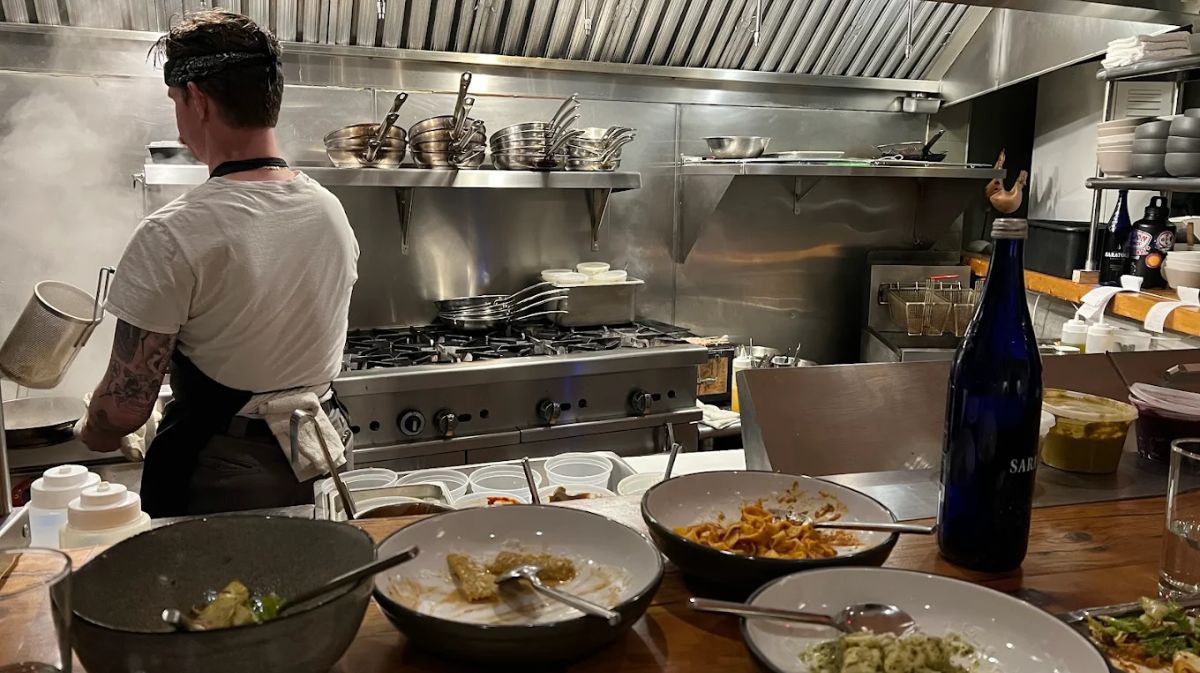
- Where: 2302 E Norris St, Philadelphia, PA 19125
- When: May 13, 2025
Tulip St. Pasta, also known as Tulip Pasta and Wine Bar, offers Italian cuisine and also serves as the tasting room for Wayvine Vineyards. Wine by the glass, bottles to-go, local beers, and cocktails are served at the restaurant, along with handmade pasta & Italian small plates.
In the May 13 inspection at the restaurant, inspectors reported violations of several provisions of the food code. The report also mentioned that the establishment was not able to provide a valid food license during the inspection. A License Eligibility Report (LER) was issued for the restaurant during the inspection.
Reported Violations
No staff members present at the establishment had a Philadelphia-issued food safety certificate, the report said. The PIC held a ServSafe certificate but lacked a city of Philadelphia-issued certificate. The sanitarian emailed the PIC an application to obtain a city-issued certificate and fix the issue.
No soap was found at the handwashing sink in the basement prep area, the report noted. PIC provided soap during the inspection, it was mentioned. Brooms and dustpans were left on the floor.
The mechanical sanitizer being used at the restaurant was too weak (0–50 ppm). The PIC fixed the sanitizer levels by adjusting the tubing.
Thermometers were not available or accessible in the basement reach-in refrigerators, it was noted. A non-approved freezer (not NSF/ANSI certified) was being used in the basement, marking another violation. The freezer also had heavy ice build-up, it was stated. The Ice machine plumbing in the basement lacked a backflow preventer.
Excessive grease was seen on the kitchen exhaust system. Gaps in the basement trap door were observed, which could let in pests. Heavy food residue was seen on the floors in various prep and warewashing areas. Dead roaches were found in the basement.
The full inspection report has been released to the public on the official website of the health department. The team at the restaurant must resolve all the violations mentioned in the report within the given time frames. If they fail to do so, the restaurant may face the revocation of its health license and other legal action.

